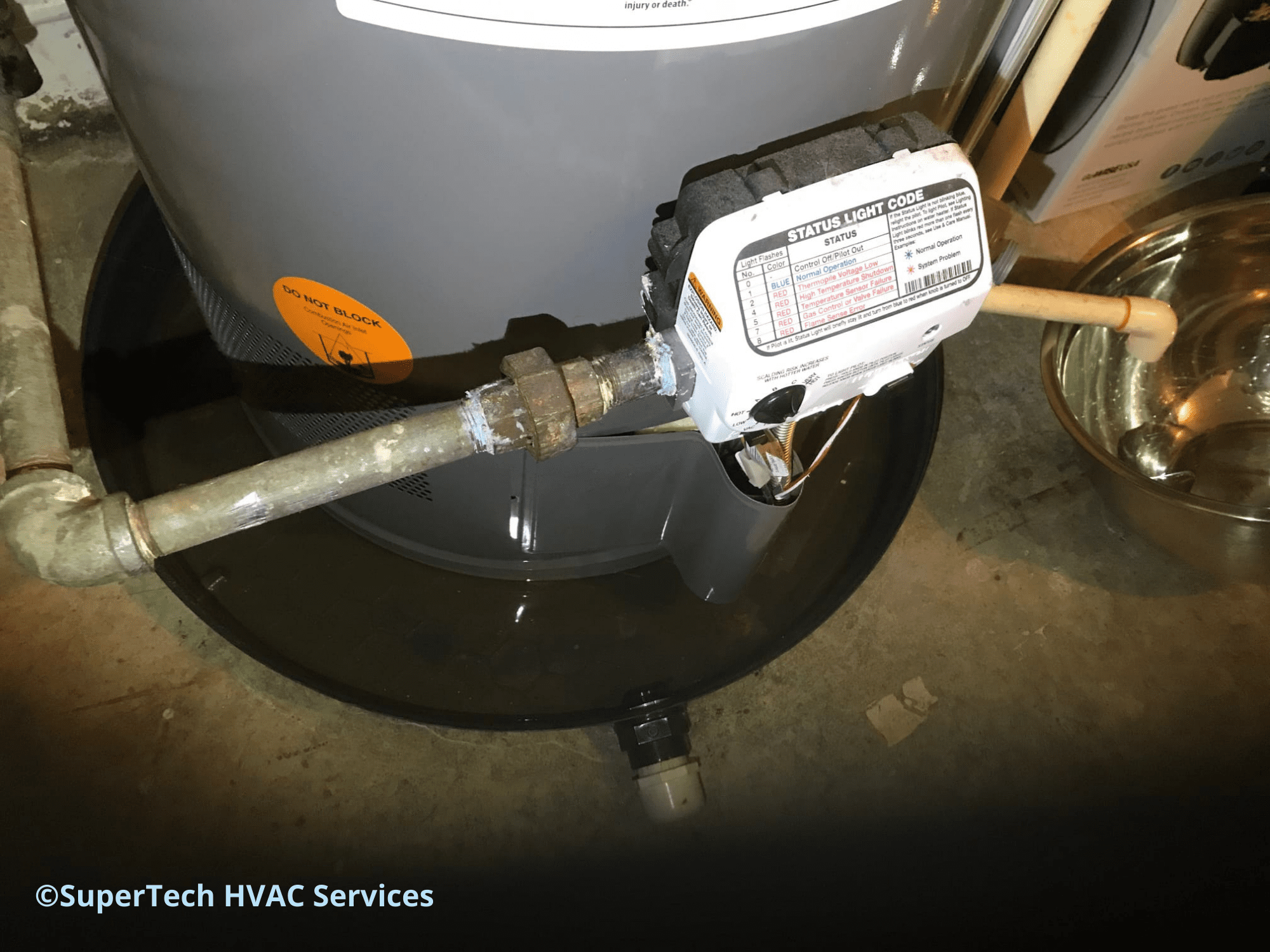Typical Water Heater Challenges And Solutions
Typical Water Heater Challenges And Solutions
Blog Article
Nearly everybody seems to have their own perception about Common Problems with Tank Water Heaters.

Think of beginning your day without your routine warm shower. That currently establishes a poor tone for the rest of your day.
Every house needs a dependable water heater, but only a few recognize just how to handle one. One simple way to maintain your hot water heater in top form is to look for faults frequently and repair them as soon as they appear.
Bear in mind to turn off your hot water heater before smelling around for mistakes. These are the water heater mistakes you are probably to run into.
Water as well warm or too cool
Every water heater has a thermostat that figures out how hot the water obtains. If the water coming into your home is also warm despite setting a hassle-free optimum temperature, your thermostat may be malfunctioning.
On the other hand, also cold water might be due to a failed thermostat, a damaged circuit, or incorrect gas flow. As an example, if you make use of a gas hot water heater with a busted pilot burner, you would obtain cold water, even if the thermostat remains in ideal condition. For electrical heaters, a blown fuse might be the wrongdoer.
Not enough hot water
Water heaters can be found in many dimensions, depending on your warm water needs. If you lack hot water prior to every person has actually had a bathroom, your hot water heater is as well little for your family size. You ought to consider mounting a larger hot water heater tank or going with a tankless water heater, which occupies less room and is a lot more durable.
Odd sounds
There are at the very least 5 kinds of noises you can learn through a water heater, but one of the most usual analysis is that it's time for the water heater to retire.
Firstly, you need to know with the normal sounds a water heater makes. An electric heating unit may seem different from a gas-powered one.
Standing out or banging audios generally suggest there is a piece of debris in your storage tanks, as well as it's time to clean it out. On the other hand, whistling or hissing sounds may simply be your shutoffs allowing some pressure off.
Water leaks
Leaks can come from pipelines, water links, valves, or in the worst-case scenario, the storage tank itself. Over time, water will rust the storage tank, and discover its escape. If this happens, you require to replace your water heater immediately.
Nonetheless, before your modification your entire container, be sure that all pipelines are in area and that each shutoff works completely. If you still require help recognizing a leak, call your plumber.
Rust-colored water
Rust-colored water indicates among your water heater elements is corroded. Maybe the anode pole, or the tank itself. Your plumber will have the ability to recognize which it is.
Warm water
No matter how high you set the thermostat, you won't get any type of hot water out of a heating unit well past its prime. A hot water heater's performance might lower with time.
You will certainly likewise obtain lukewarm water if your pipes have a cross connection. This means that when you activate a faucet, warm water from the heating unit flows in alongside normal, cold water. A cross link is simple to spot. If your warm water taps still run after closing the hot water heater valves, you have a cross link.
Discoloured Water
Rust is a significant source of filthy or discoloured water. Corrosion within the water container or a stopping working anode pole could create this discolouration. The anode rod shields the tank from rusting on the inside and also need to be inspected annual. Without a rod or an appropriately working anode rod, the warm water promptly wears away inside the storage tank. Get in touch with a professional hot water heater technician to identify if replacing the anode pole will deal with the problem; otherwise, change your hot water heater.
Final thought
Ideally, your water heater can last one decade before you need a change. However, after the 10-year mark, you may experience any of these faults extra frequently. At this moment, you ought to add a brand-new hot water heater to your budget plan.
How To Troubleshoot 3 Common Water Heater Problems in Twin Cities
The Water Heater Is Leaking
A leaky cold water inlet valve A loose pipe fitting A leaky temperature and pressure relief valve A corroded anode rod A cracked tank Turn Off Your Water Heater:
Shut off your gas water heater by turning the gas valve on the unit to the “OFF” position. Shut off your electric water by switching its power off at your electrical panel. Look for a two-pole breaker labeled “water heater” and turn it to the “OFF” position. Move the ball valve connected to the water heater to be perpendicular to the piping at a 90° angle. Look for the Leak:
Depending on whether the water is coming from the tank's top or bottom, you’ll want to look for the leak in different locations.
If the leak comes from the top of the tank, carefully look for water escaping from the cold water inlet valve or loose pipe fittings. Rusted hot and cold water valves can have loose connections with the tank, with water leaking out of them.
https://mspplumbingheatingair.com/blog/how-to-troubleshoot-3-common-water-heater-problems
Do you really like more info about Water Heaters Problems? Try leaving feedback down the page. We would be interested to listen to your opinion about this review. We are looking forward to see you back again in the future. Are you aware of another person who is very much interested in Water Heater Repair and Troubleshooting? Take a moment to promote it. I praise you for your time. Visit again soon.
Perfect solution? Dial! Report this page